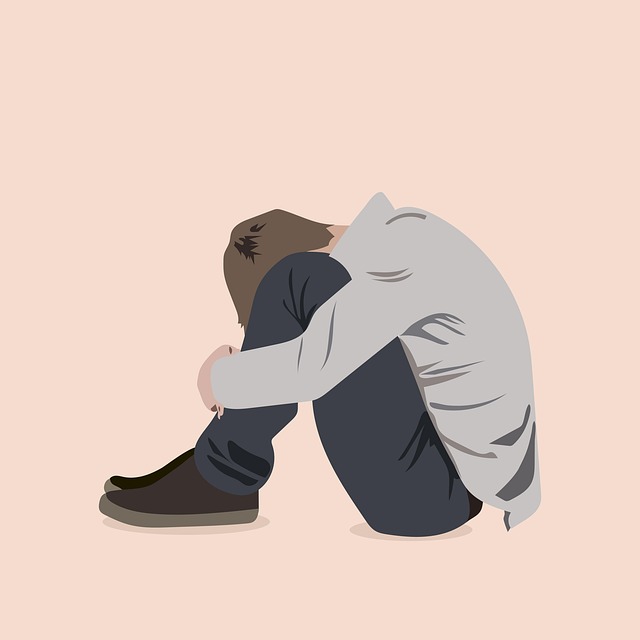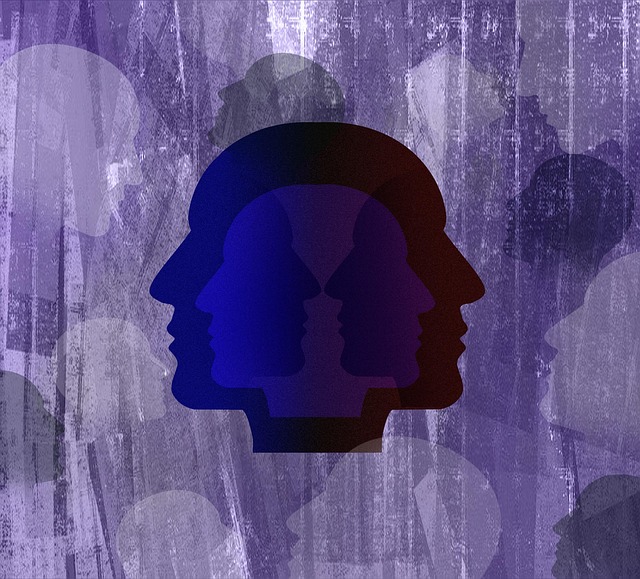Understanding and regulating mood is crucial for adults dealing with sexual addiction, involving learning to manage triggers and adopting strategies like CBT, mindfulness, and stress reduction techniques. Cognitive Behavioral Techniques (CBT) focus on identifying and challenging distorted thoughts, promoting healthier beliefs and enhancing self-control over emotions and behaviors. Holistic approaches combining mindfulness and self-care practices, such as meditation, exercise, and balanced diets, support overall mental well-being for those struggling with sexual addiction. Accessible resources and public awareness campaigns further aid emotional balance by providing tools and confidence for recovery.
Mood regulation is a vital aspect of emotional wellness, particularly for individuals navigating challenges like adult sexual addiction. This article explores strategies to help adults manage their moods effectively. We delve into understanding emotional balance, cognitive behavioral techniques proven to enhance mood management, and holistic approaches emphasizing mindfulness and self-care. By integrating these methods, readers can achieve a more stable and fulfilling emotional state.
- Understanding Mood Regulation: Unraveling Emotional Balance
- Cognitive Behavioral Techniques for Effective Mood Management
- Holistic Approaches: Integrating Mindfulness and Self-Care
Understanding Mood Regulation: Unraveling Emotional Balance

Understanding Mood Regulation is a crucial step towards achieving emotional balance, which is essential for overall well-being. It involves recognizing and managing one’s feelings, thoughts, and behaviors to maintain a positive mindset. This process can be particularly beneficial for individuals dealing with issues like adult sexual addiction, as it provides tools to navigate complex emotions and prevent relapses. Therapy plays a pivotal role in teaching effective mood regulation strategies tailored to each person’s unique experiences.
Through therapy, adults struggling with sexual addiction can learn to identify triggers that lead to emotional imbalances. By understanding these triggers, individuals can employ various techniques such as mindfulness practices, cognitive-behavioral therapies, and stress reduction methods like meditation or exercise to counteract negative moods. Public awareness campaigns development around mental health can also facilitate open conversations about depression prevention, ensuring that those in need have accessible resources for mood regulation and emotional support.
Cognitive Behavioral Techniques for Effective Mood Management

Cognitive Behavioral Techniques (CBT) offer a powerful toolkit for adults struggling with sexual addiction and managing their moods effectively. This form of therapy focuses on identifying and challenging negative thought patterns, which can significantly impact emotional states. By bringing awareness to distorted cognitions, individuals can gain control over their feelings and behaviors. CBT encourages patients to replace unhelpful beliefs with more realistic and adaptive ones, fostering a healthier relationship with sexuality and enhancing self-control.
Incorporating cultural sensitivity in mental healthcare practice is essential when employing CBT for sexual addiction. Therapists must understand the diverse cultural backgrounds of their clients, as these influences can shape individuals’ perspectives on sexuality and morality. Tailoring treatment approaches to respect cultural norms and values ensures that therapy remains effective while fostering a safe and supportive environment. Mental health education programs design should emphasize this aspect to prepare practitioners for addressing complex issues like sexual addiction in a nuanced manner, boosting client confidence during the healing process.
Holistic Approaches: Integrating Mindfulness and Self-Care

In the realm of mood regulation strategies, holistic approaches that integrate mindfulness and self-care are gaining prominence as effective tools for mental well-being. Mindfulness practices, such as meditation and deep breathing exercises, help individuals become more aware of their thoughts and emotions without judgment. This heightened awareness allows people to manage stress and regulate moods proactively, making it a valuable technique in the therapy for adults with sexual addiction, where emotional control is crucial for recovery.
Self-care, on the other hand, involves activities that nurture both physical and mental health. Adequate sleep, regular exercise, and a balanced diet are essential components of self-care routines. For mental healthcare professionals, incorporating these practices into their daily lives can be a powerful risk management planning strategy to prevent burnout, enhancing their confidence and overall well-being. This holistic integration ensures that individuals approach mood regulation from multiple angles, fostering sustainable mental health habits.
Mood regulation is a multifaceted skill, encompassing cognitive strategies, mindfulness practices, and self-care rituals. By understanding and implementing these techniques, individuals can navigate emotional ups and downs with greater ease. Whether it’s cognitive behavioral therapy or holistic approaches, there are effective ways to manage moods and enhance overall well-being. Integrating these strategies into daily life offers a balanced and resilient mindset, fostering emotional health, and even supporting those seeking therapy for adults sexual addiction by addressing underlying emotional issues.














